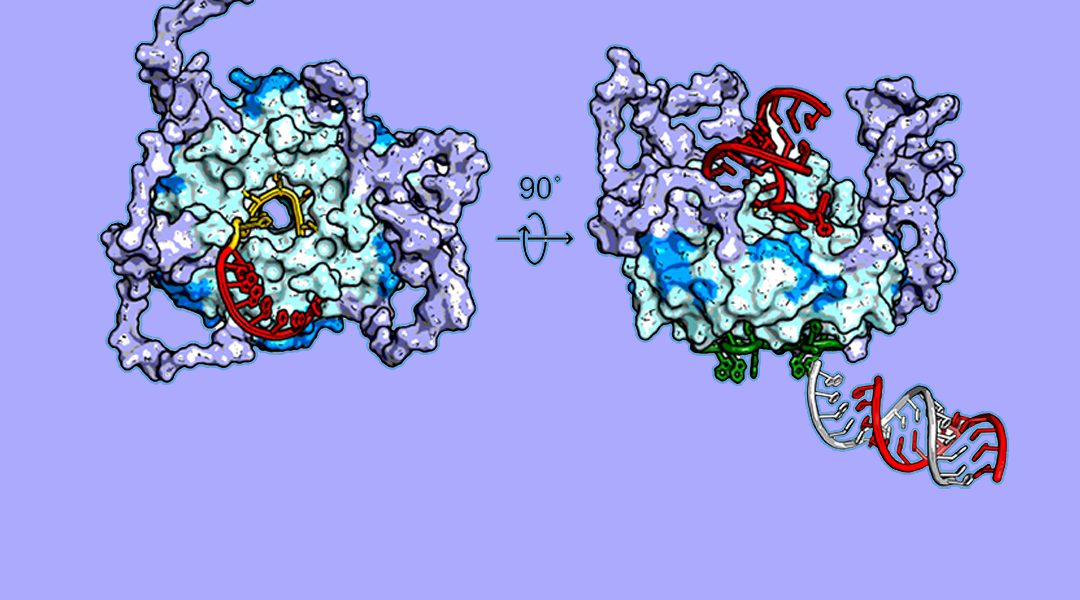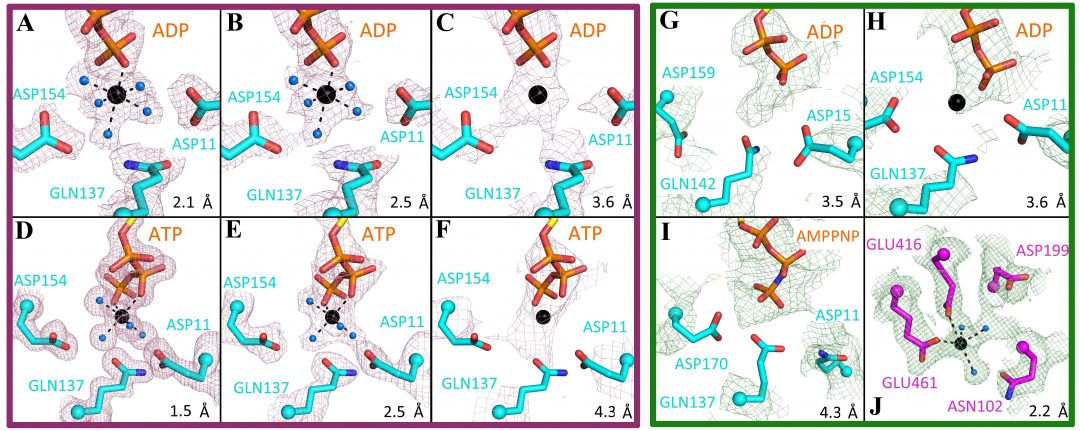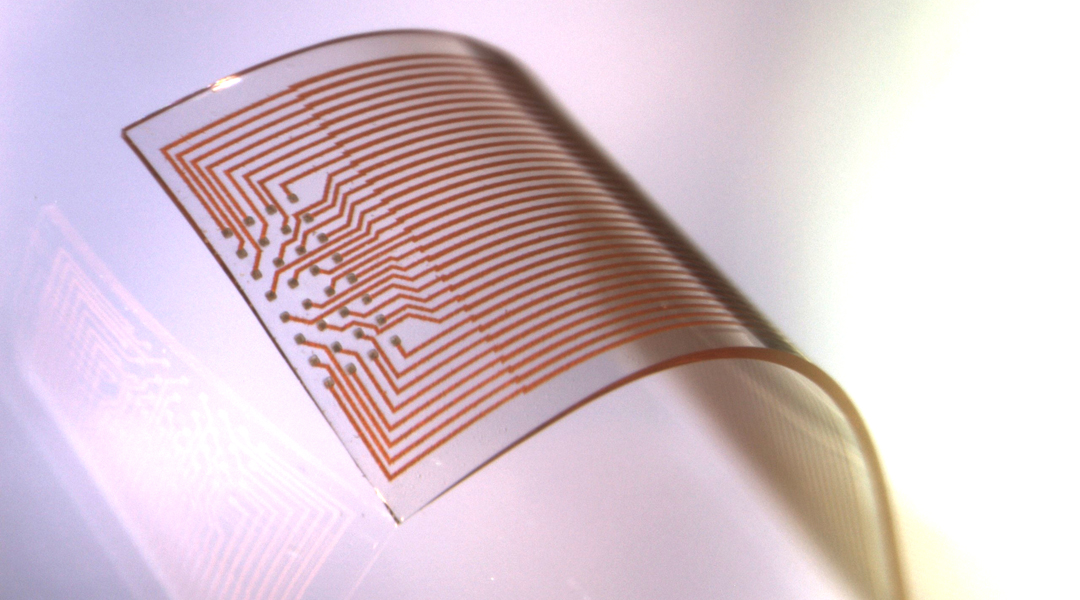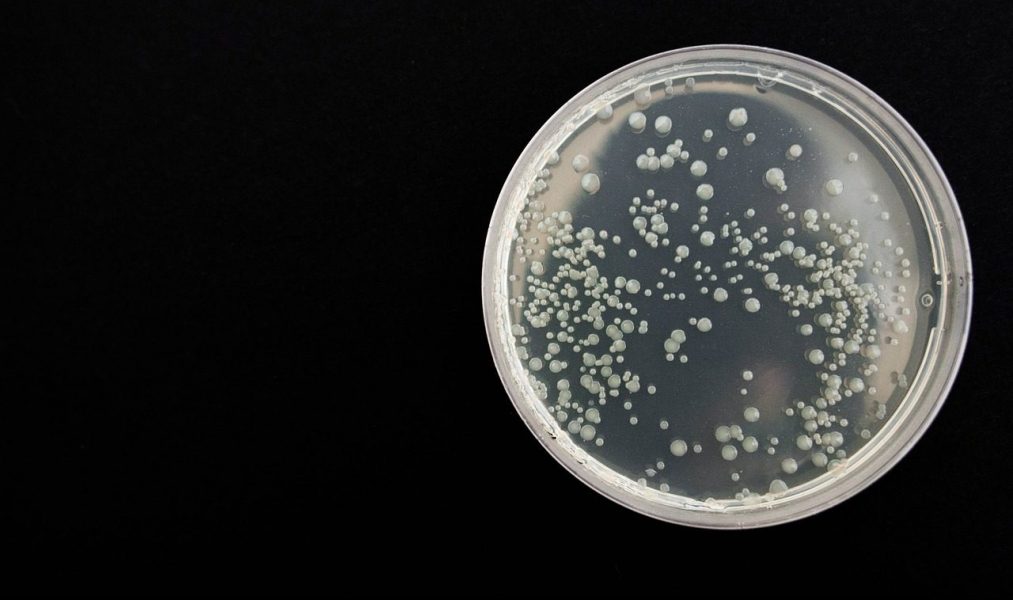The chaperone Hfq speeds up match-making between small regulatory RNA and mRNA in bacteria, helping bacteria respond to stress or changed growth conditions.


The chaperone Hfq speeds up match-making between small regulatory RNA and mRNA in bacteria, helping bacteria respond to stress or changed growth conditions.

Imaging and analysis of Autophagic Lysosome Reformation.

Betanin may help slow the progression of Alzheimer’s disease.

In their review in BioEssays, David Popp et al. discuss how recent advances in structural biology have provided new insights into biological filament systems.

Important implications for the development of therapeutics, and several potential pharmacological targets for the treatment of stress‐related disorders have been identified.

Scholars in different fields have contrasted the fates of societies or communities that were “vulnerable” to climate change with those that seem to have been “resilient” or even consciously or unconsciously adaptive in the face of the Little Ice Age.

Nanoprobe-based methods can sample the content of a single living cell without affecting its viability.

Discussing the mechanisms of UTR regulation, the role of genetic variants in modulating RNA processing, and protein production in human disease.

High-density stretchable electrode grids based on a material that can resolve high spatiotemporal neural signals from the surface of the cortex in freely moving rats with stable recording quality during 3 months of implantation.

A team of Chinese researchers investigated the plasma-induced inactivation behavior of several bacteria without and with the presence of chloride.